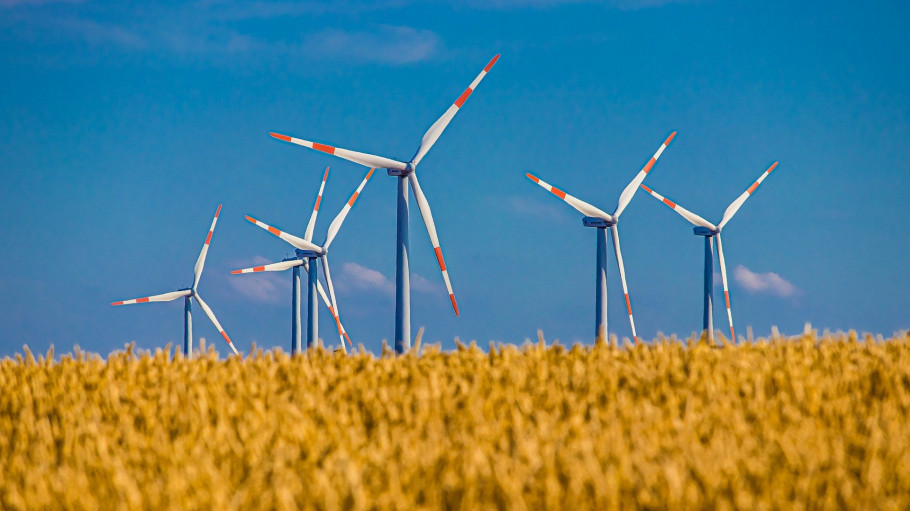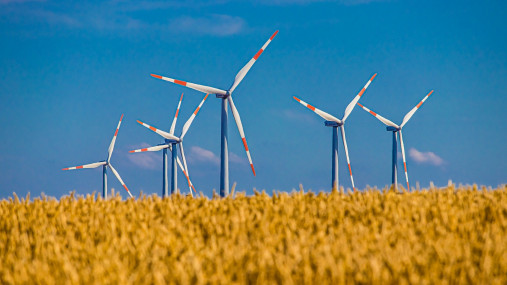
Publications » Position papers » Joint statement by industrial energy consumers on energy security and affordability
Joint statement by industrial energy consumers on energy security and affordability
Downloads and links
Recent updates

Brussels, 09 March 2022 - European industrial energy consumers call for a dialogue and pragmatic actions on energy security and affordability.
The geopolitical events at the borders of Europe are of high concerns to all of us seeking peace, security, and prosperity in Europe. Our thoughts are with the Ukrainian people and all those suffering in these difficult moments, and we deeply regret the loss of life and displacement of populations.
These geopolitical events are also generating unprecedented challenges for Europe’s society. With regard to energy, concerns over the security, affordability and sustainability of energy sourcing have never been as acute as today, highlighting the vulnerability of Europe’s industry and economy as a whole. The events have further precipitated Europe in a profound energy crisis that compromises the future of Europe’s industrial base and the independence of its economy. The situation highlights the importance of resilience in industrial ecosystems and diversification of value chains, at the core of which remains access to energy.
For months, European citizens and industry have been suffering from persistently and exceedingly high energy prices in Europe. Hopes of a reflux in energy price have vanished with recent events, thus endangering the viability of many industrial operations. Risks of natural gas shortages generate extra threats for Europe’s continuous process industries. Industrial hazards and serious damages to industrial assets can results from low energy supply in some industries.
In this highly complex geopolitical context, European industrial energy consumers appreciate that the European Commission is paying particular attention to energy security and affordability issues. Today’s communication from the European Commission brings these issues to the fore. Urgent actions are needed in the short term to alleviate the burden on industries and minimize risks of energy shortage in order to face a crisis whose evolutions and impacts are unpredictable.
The European industrial energy consumers stand ready to work with EU decision-makers to design together the adjustments to the EU energy and climate policy that are needed in the face of this new situation. In these uncertain times, we need to avoid additional shocks and provide predictability to European industry.
Let’s work pragmatically together to shield European industry and make sure we can deliver on the EU’s long-term sustainability and climate-neutrality objectives.

Brussels, 22 March 2024 – The future of a strong and resilient EU can only be forged with steel made in Europe. Europe-made low-carbon steel has a strategic role as it enables a net-zero economy, but today it faces strong headwinds from high energy prices, unfair competition, global overcapacity and growing unilateral carbon costs. The year 2023 has recorded the lowest European crude steel production levels ever, with a number of idled plants and dire impact on workers. Ensuring the enabling conditions for the short-term viability and the decarbonisation of the steel sector urgently needs to be at the top of the EU agenda. This is the message delivered by the European Steel Association together with a number of high-level representatives of the sector on the occasion of the Clean Transition Dialogue on Steel in the presence of the Executive Vice Presidents of the European Commission, Maroš Šefčovič and Margrethe Vestager.
Uses, limits, and realistic potentials of demand-side response from the European steel industry along with a broad set of framework recommendations for an EU policy
Antwerp, 20 February 2024 – Today 73 industry leaders spanning almost 20 industrial sectors presented ‘The Antwerp Declaration for a European Industrial Deal’ to Belgian Prime Minister, Alexander De Croo and Commission President, Ursula von der Leyen. The declaration underlines the commitment of industry to Europe and its transformation and outlines urgent industry needs to make Europe competitive, resilient, and sustainable in the face of dire economic conditions.